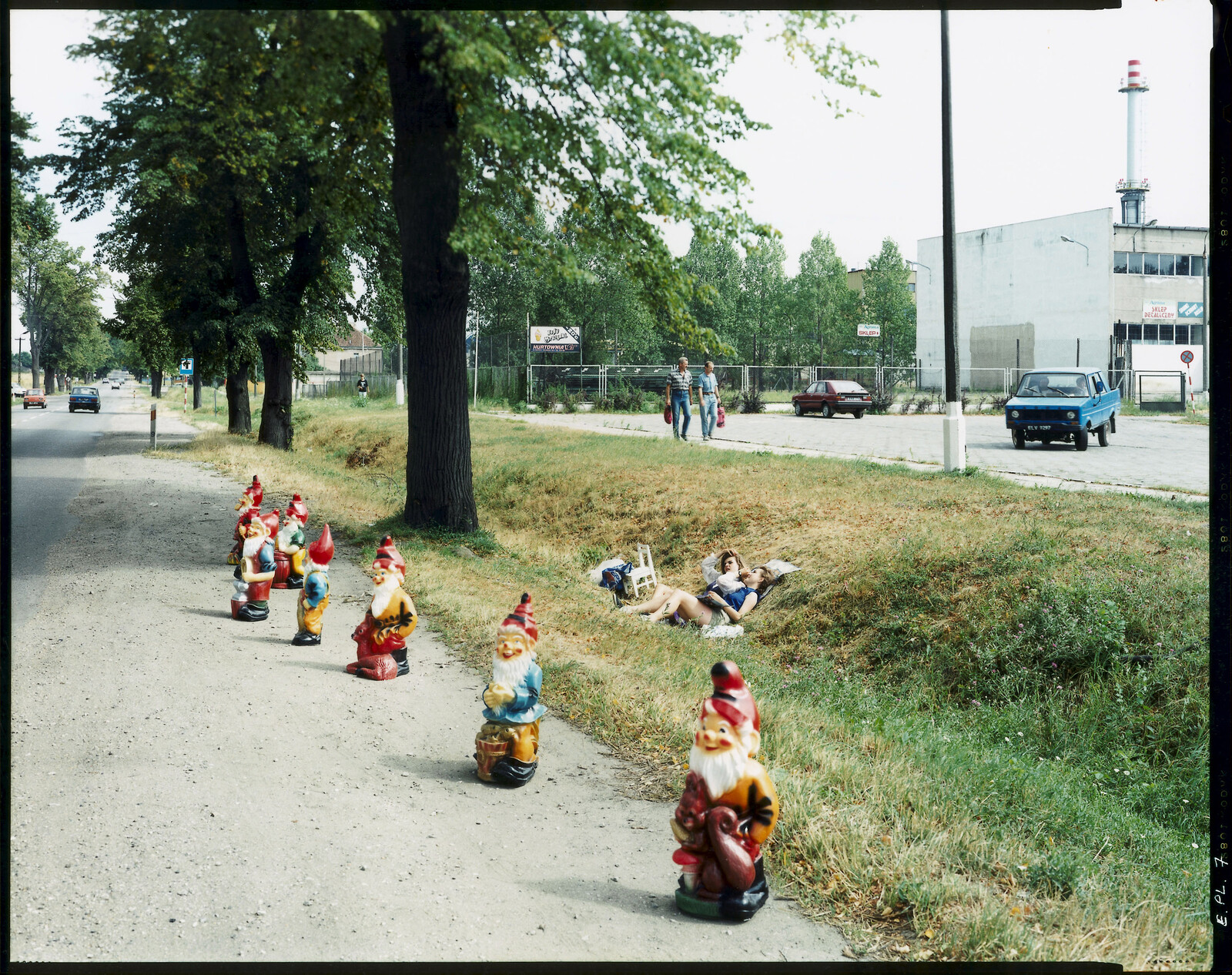Throughout its fortieth anniversary, the CCA will continue to raise incisive questions about how we live, through the lens of architecture
1920 rue Baile
Montréal Québec H3H 2S6
Canada
How can we confront the unexpected consequences of what has been celebrated as progress?
How are our ideals of relentless production, efficiency, and speed actually formed?
How do people alter the city around them to address their needs and desires beyond what architects and planners imagine?
What becomes possible when we privilege senses other than sight?
These are just some of the many questions the Canadian Centre for Architecture (CCA) has been posing since its founding in 1979 as an imaginative and polemic institution.
“The CCA has always had a spirit of questioning at its core. We investigate the grey zones of our society, to try to make architects more conscious of the complexity of the problem that they’re part of, instead of pretending that they hold the solution. We use our projects to ask uncomfortable questions about responsibility, limits, and the definitions and assumptions inherent to the field of architecture,” says CCA Director, Mirko Zardini.
In its fortieth year, the CCA will continue to question this undeclared territory of cultural preconceptions and attitudes and how architecture is practiced within it. By considering these issues from a different perspective, the CCA seeks to deconstruct their apparent normality and maybe manage to find, not answers, but instructive examples, themes, and contradictions that may help us arrive at a new way of thinking.
This engagement was fundamental in 1979, when Phyllis Lambert first conceived of the CCA as an institution that would operate from the premise that architecture is a public concern. “Since the opening of our purpose-designed building in Montreal in 1989 as an international institution, the CCA has explored new fields and research provoked by our collection and by our network of engaged and critical thinkers who ask questions,” adds Lambert.
In 2019, the CCA offers a year of programming that keeps with its tradition of questioning, by interrogating new themes through the exhibitions Our Happy Life: Architecture and Well-Being in the Age of Emotional Capitalism, Building a New World: Amerikanizm in Russian Architecture, and Out of the Box: Gordon Matta-Clark. The centre will continue to operate beyond its walls and Montreal with collaborative international programs, including the CCA c/o project, which touches down in Tokyo and Buenos Aires in 2019, and the Centring Africa research venture that will revisit the continent’s under-observed role in architecture.
Throughout this fortieth year celebration, the CCA will publish new content online and in print, including a continuation of our series of children’s books with Houses for Sale; e-pubs with Studies in the Design Laboratory, produced in partnership with the Harvard GSD; an examination of the mission of the cultural institution with The Museum Is Not Enough; and a deep dive into why happiness with Our Happy Life.
“Rather than examining the work that’s behind us, as institutions often do at the time of an important anniversary, we’re moving forward with our work, anticipating the uncomfortable questions that need to be asked and examined,” states CCA Chief Curator, Giovanna Borasi.
For more details on the CCA’s projects in 2019, visit cca.qc.ca and stay connected.



